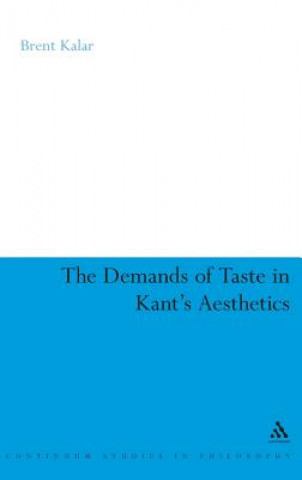
Kód: 01253367
Demands of Taste in Kant's Aesthetics
Autor Brent Kalar
Typically philosophers have either viewed beauty as objective and judgments of beauty as universally valid, or else they have viewed beauty as subjective and regarded judgments of beauty as merely private preferences. Immanuel Kan ... celý popis
- Jazyk:
 Angličtina
Angličtina - Väzba: Pevná
- Počet strán: 192
Nakladateľ: Bloomsbury Publishing, 2006
- Viac informácií o knihe

Mohlo by sa vám tiež páčiť
Darčekový poukaz: Radosť zaručená
- Darujte poukaz v ľubovoľnej hodnote, a my sa postaráme o zvyšok.
- Poukaz sa vzťahuje na všetky produkty v našej ponuke.
- Elektronický poukaz si vytlačíte z e-mailu a môžete ho ihneď darovať.
- Platnosť poukazu je 12 mesiacov od dátumu vystavenia.
Viac informácií o knihe Demands of Taste in Kant's Aesthetics
Nákupom získate 783 bodov
 Anotácia knihy
Anotácia knihy
Typically philosophers have either viewed beauty as objective and judgments of beauty as universally valid, or else they have viewed beauty as subjective and regarded judgments of beauty as merely private preferences. Immanuel Kant is famous for his unique third path. Kant argues that beauty is subjective, but the judgment of taste about beauty is capable of universal validity. In his view, the beautiful is not a feature of objects themselves, but merely represents the way we respond to objects. Furthermore, the judgment of taste about beauty is a merely "aesthetic" judgment - i.e., one based on a feeling of pleasure we take in the object. The judgment of taste, on the other hand, possesses "universal validity": to call something beautiful is implicitly to "demand" that all others find it beautiful as well. Kant's views about the taste for the beautiful have long been the subject of controversy. Scholars have differed over the interpretation of the demand contained in a judgment of taste and whether Kant's attempt to legitimate this demand is successful. Brent Kalar argues that the demands of taste should be understood as involving a uniquely aesthetic normativity rooted in Kant's cognitive psychology. If the basis of aesthetic pleasure in the activity of the cognitive faculties is properly understood, then Kant's attempt to legitimate the demands of taste may be regarded as a success. This leads Kalar to give a new interpretation of the nature of the beautiful according to Kant that re-examines the relationship between "free play" and the "form of purposiveness" in Kant's aesthetics, and restores the "aesthetic ideas" to their rightful centrality in Kant's theory.
 Parametre knihy
Parametre knihy
Zaradenie knihy Knihy po anglicky Humanities Philosophy Philosophy: aesthetics
318.01 €
- Celý názov: Demands of Taste in Kant's Aesthetics
- Autor: Brent Kalar
- Jazyk:
 Angličtina
Angličtina - Väzba: Pevná
- Počet strán: 192
- EAN: 9780826488909
- ISBN: 0826488900
- ID: 01253367
- Nakladateľ: Bloomsbury Publishing
- Hmotnosť: 428 g
- Rozmery: 236 × 163 × 20 mm
- Dátum vydania: 15. October 2006
Obľúbené z iného súdka
-

In Praise of Shadows
8.41 € -24 % -

Shop Class as Soulcraft
16.22 € -12 % -
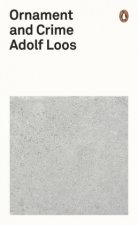
Ornament and Crime
11.19 € -23 % -

Green
37.89 € -8 % -

In Praise of Shadows
14.47 € -23 % -

On Ugliness
37.17 € -13 % -

Art of M&A Due Diligence
156.02 € -
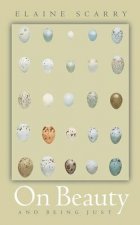
On Beauty and Being Just
18.27 € -14 % -

Entrepreneur's Guide to Customer Development
23 € -

Aesthetic Dimension
25.77 € -10 % -
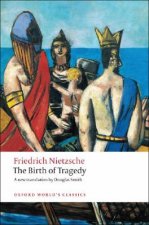
Birth of Tragedy
10.06 € -19 % -

On the Aesthetic Education of Man
12.32 € -20 % -

Art and Objects
26.70 € -

Divine Beauty
11.19 € -23 % -

Cultural Appropriation and the Arts
54.64 € -

Historical-critical Introduction to the Philosophy of Mythology
30.70 € -15 % -

Art of the Modern Age
33.89 € -37 % -
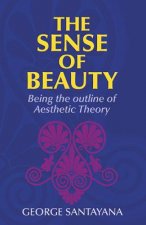
Sense of Beauty
21.66 € -

Perfect Me
34.50 € -

Nail It Then Scale It
29.68 € -

Heidegger's Philosophy of Art
38.51 € -
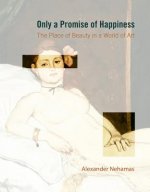
Only a Promise of Happiness
27.01 € -
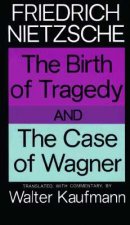
Birth of Tragedy and The Case of Wagner
13.65 € -6 % -

Sacred Path of Love
17.25 € -34 % -

Saving Beauty
14.06 € -2 % -

Meaning of the Creative Act
27.52 € -

Future of the Image
13.45 € -16 % -

Aesthetics of Disappearance
13.86 € -20 % -

Speculative Aesthetics
11.49 € -20 % -

Aesthetics of Everyday Life
47.86 € -

Digital Humanities and Digital Media
25.16 € -

Wabi Sabi
9.95 € -4 % -

On the Aesthetic Education of Man
13.96 € -23 % -

Birth of Novalis
131.27 € -

Aesthetics of Everyday Life
44.36 € -35 % -

Working Aesthetics
35.33 € -5 % -

Blackwell Guide to Aesthetics
76.93 € -
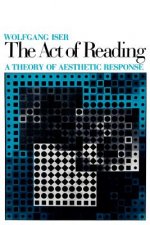
Act of Reading
45.60 € -

Althusser and Art - Political and Aesthetic Theory
12.52 € -7 % -

Interpassivity
22.07 € -14 % -

Writing Art History
56.90 € -
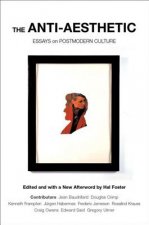
Anti-aesthetic
30.60 € -

Art of Videogames
109.69 € -

How to Make Money Online
8.31 € -

Feeling Beauty
56.90 € -

Art of M&A Structuring
74.15 € -

Aesthetics and Ethics
55.77 € -
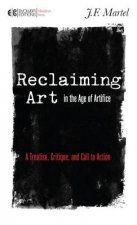
Reclaiming Art in the Age of Artifice
14.58 € -6 % -

Modern Japanese Aesthetics
31.01 €
Osobný odber Bratislava a 2642 dalších
Copyright ©2008-24 najlacnejsie-knihy.sk Všetky práva vyhradenéSúkromieCookies




 21 miliónov titulov
21 miliónov titulov Vrátenie do mesiaca
Vrátenie do mesiaca 02/210 210 99 (8-15.30h)
02/210 210 99 (8-15.30h)